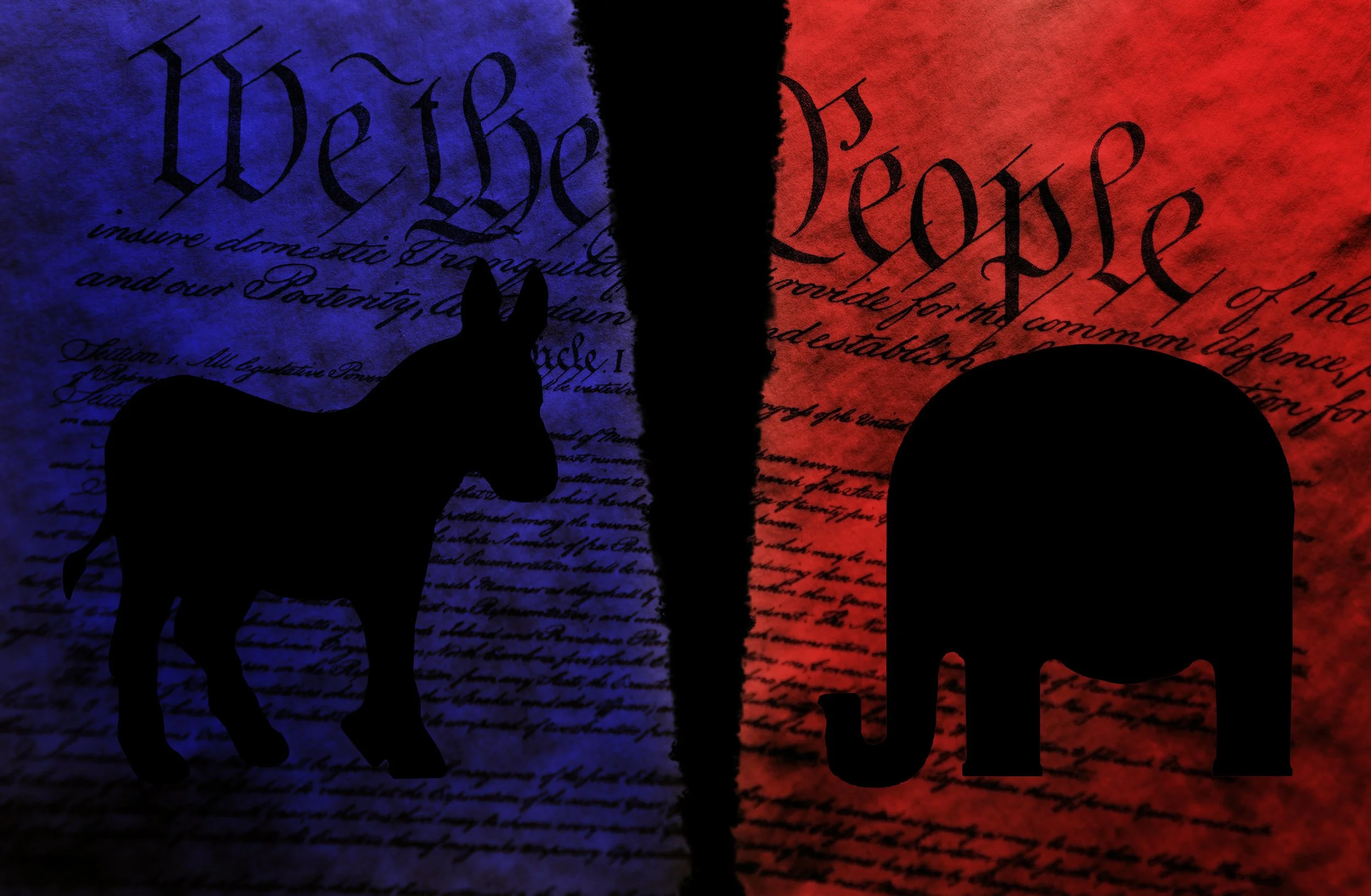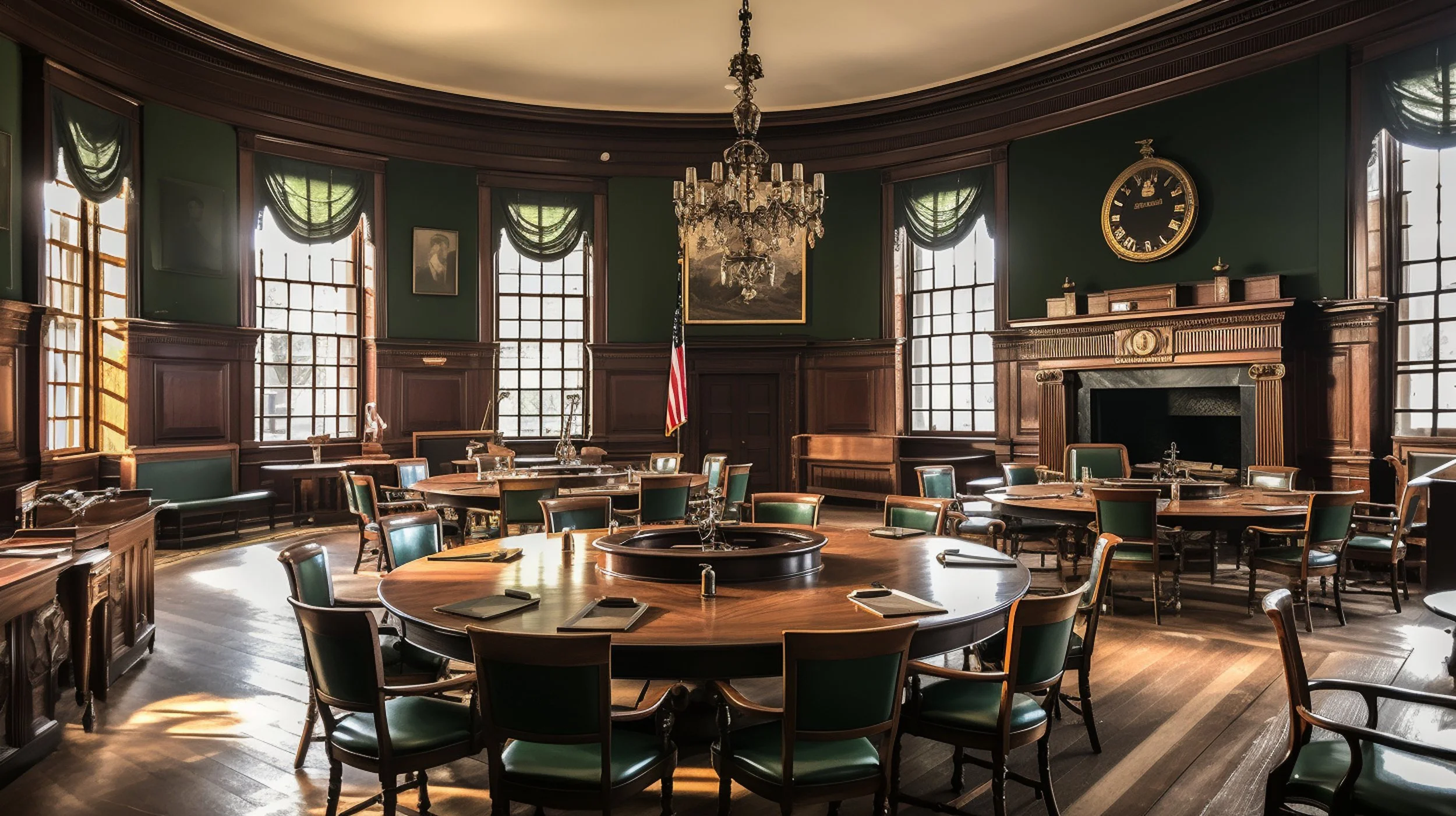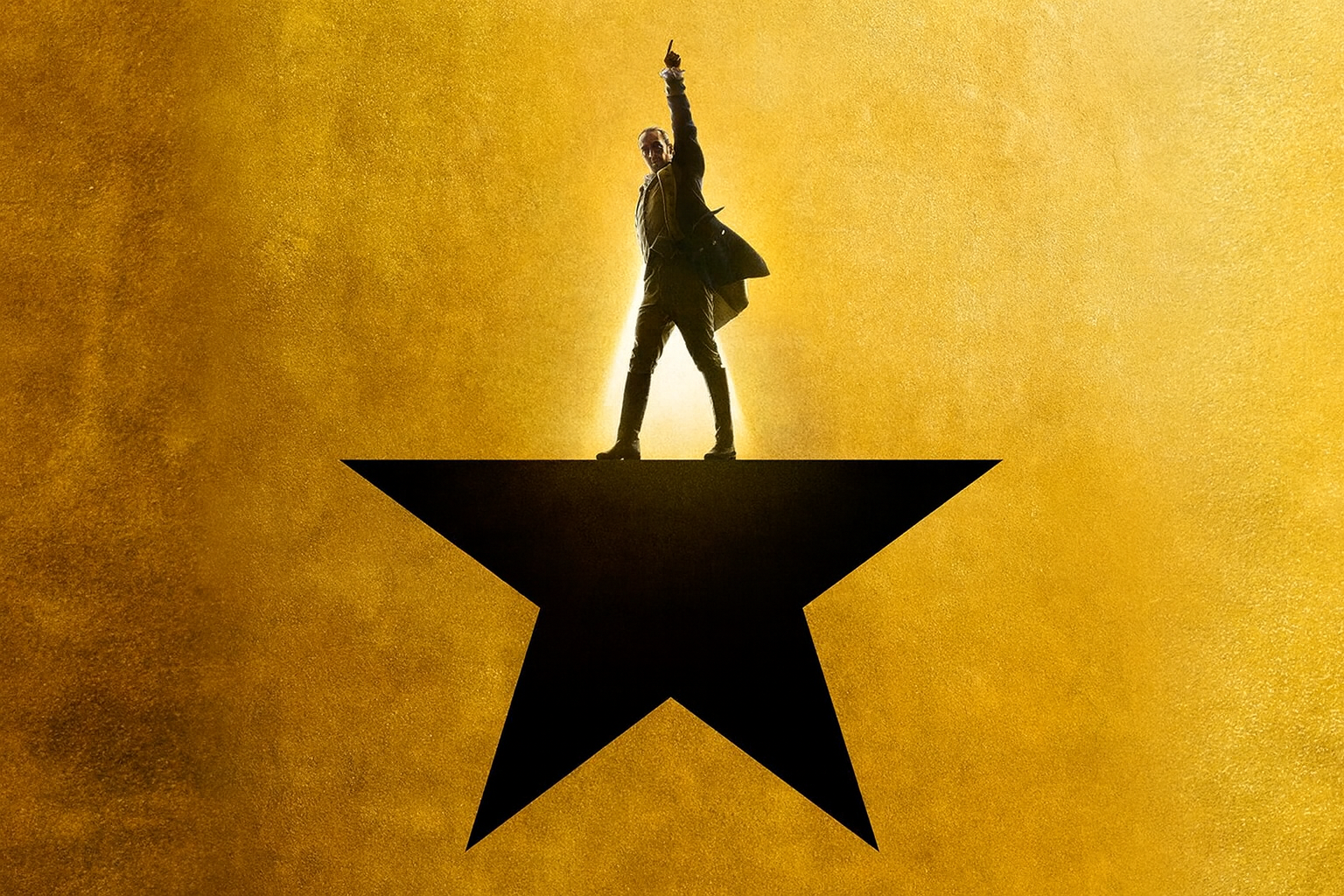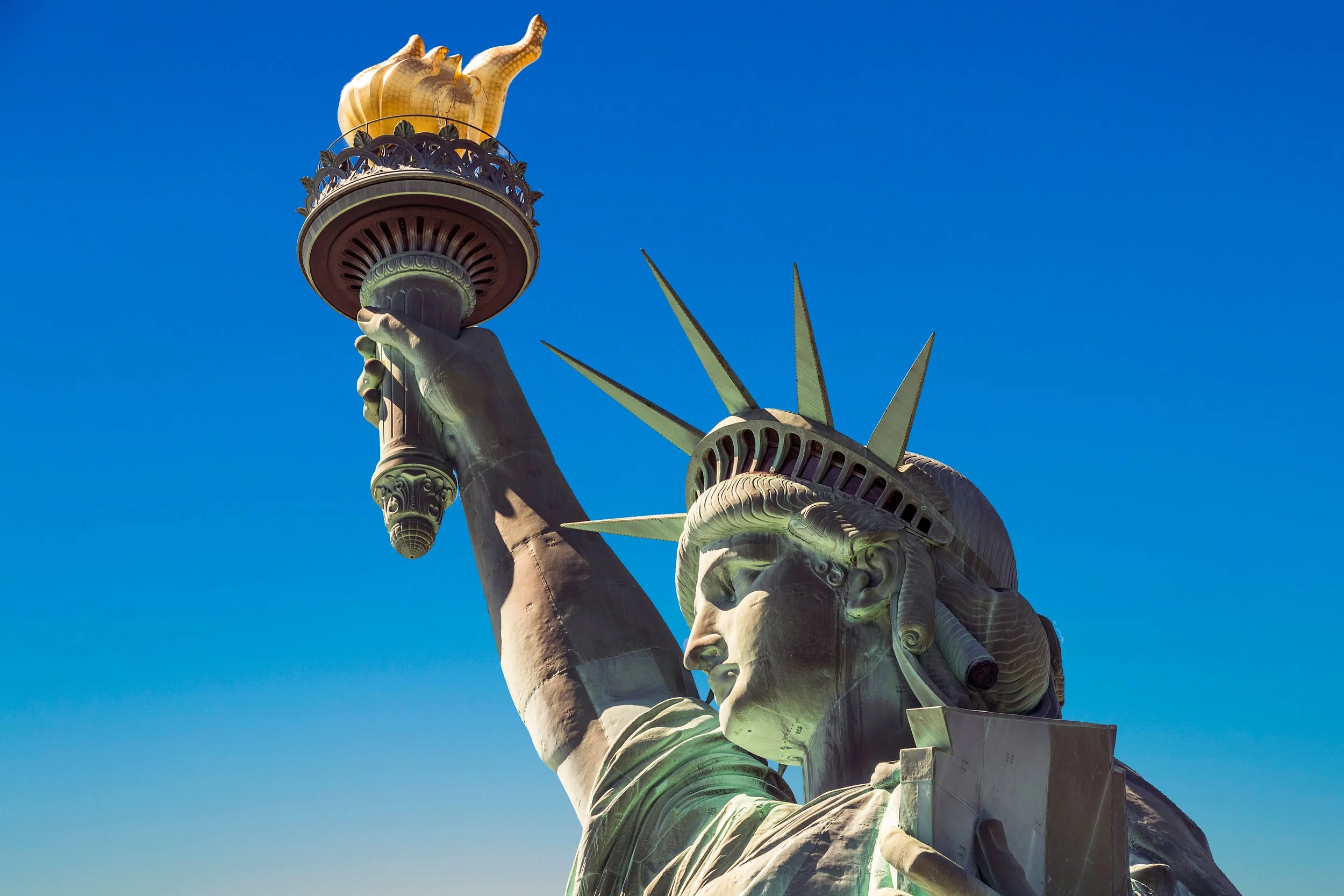Civility at the Crossroads
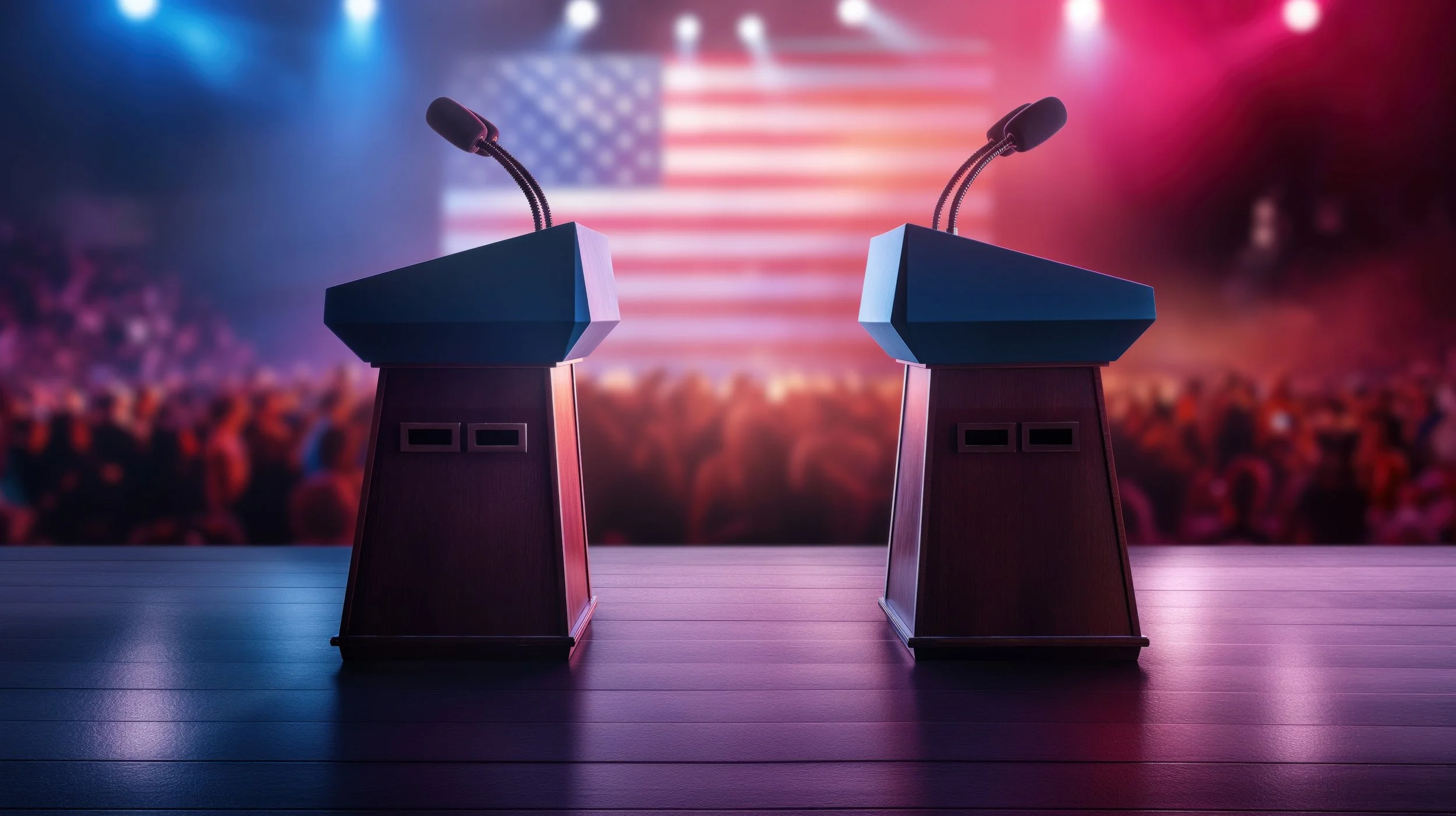
Ben Everidge for Thomas
Photo Credit by angel_nt via Adobe Stock
Keeping It in an Age of Violence …
This has been an extraordinarily heartbreaking week in America. The assassination of conservative activist Charlie Kirk is a reminder, regardless of one’s political persuasion, that violence is not how a democratic people should resolve their differences. For nearly 250 years, the United States has established and sustained a democratic republic characterized by spirited debate, robust institutions, and a Constitution that enshrines freedom of speech and freedom of the press. When blood is spilled in the name of politics, we dishonor that inheritance.
A Painful Historical Pattern
Political violence is not new in American life. Unfortunately, Presidents Abraham Lincoln (1865) and James Garfield (1881) were felled by assassins. William McKinley (1901) was murdered in Buffalo, and John F. Kennedy (1963) was struck down in Dallas.
Theodore Roosevelt survived a bullet while campaigning in 1912. Ronald Reagan nearly lost his life outside a Washington hotel in 1981. More recently, congressional leaders were targeted at baseball practice in 2017, and attacks on federal judges, members of Congress, and state officials have risen in frequency. Donald Trump has been the target of assassins in recent months.
The violence has not been limited to elected officials. Reverend Dr. Martin Luther King, Jr. (1968), and Malcolm X (1965) were slain for their leadership in shaping America’s conscience. Medgar Evers was assassinated in his driveway in Mississippi. More recently, journalists have been killed in newsrooms, and local officials have faced threats for nothing more than carrying out their duties.
Each of these moments sends a shudder through our society, yet our record to date shows how hard it is to break the cycle. America is a democracy founded on disagreement – our system assumes clashing views and expects heated arguments. But disagreement must never justify destruction.
As Lincoln reminded a nation divided in 1838: “There is no grievance that is a fit object of redress by mob law.”
The Cost of Abandoning Civility
Civility in politics is not weakness. It is a strength. It is an art, not a reaction. The art lies in listening without silencing, in debating without demeaning, and in governing without demonizing. When political actors frame opponents as enemies rather than fellow citizens, the space for violence grows. When leaders flirt with inflammatory rhetoric, someone listening may decide to act on it with a weapon.
The cost is not only measured in lives lost, but also in the erosion of democratic trust. Citizens withdraw, institutions weaken, and the very idea of shared civic life becomes fragile.
Robert F. Kennedy, speaking on the night Martin Luther King, Jr., was killed, captured the moral urgency of restraints: “What we need in the United States is not division; what we need in the United States is not hatred … but love and wisdom, and compassion toward one another.”
Changing the Narrative
The challenge before us is not just condemning political violence after the fact but reshaping the conditions that allow it to fester. That begins with how we tell our national story.
Elevate democratic habits: Respect for elections, tolerance for dissent, and a belief in the rule of law must be modeled by leaders and reinforced by communities.
Value freedom of speech and press: These freedoms are not licenses for cruelty or misinformation but foundations for truth-seeking and accountability. Protecting them is essential.
Invest in civic education: Generations must learn that politics is not warfare by another name but the shared work of self-government.
Depolarize through local action: Citizens find common ground when they solve problems in towns, schools, and neighborhoods. Civic repair starts where people live.
Reject dehumanization: Every leader, journalist, activist, and citizen is more than their political label. A just society demands we see one another in full humanity.
Dr. King warned of what happens when society fails to pursue justice through nonviolence: “The ultimate weakness of violence is that it is a descending spiral … returning violence for violence multiplies violence, adding deeper darkness to a night already devoid of stars.”
A Third Path Forward
It is also time to acknowledge that America’s two-party system has hardened into extremes that often leave voters feeling unheard, underrepresented, or forced into choosing between two abrasive options. A third-party alternative – one rooted in respect, tolerance, and pragmatic innovation – could serve as a vital release valve in this era of polarization,
Such a movement would not simply split the electorate; rather, it could re-center our politics around solutions instead of scorched-earth rhetoric. At the local level, it could champion community-based problem-solving. At the state level, it could prioritize pragmatic reforms over partisan loyalty. At the federal level, it could promote bipartisanship on issues such as infrastructure, healthcare, and national security. And on the international stage, it could help restore America’s reputation as a stable, civil democracy that values dialogue over division.
By embodying the art of civility and rejecting the politics of destruction, a third-party option could help us rediscover the idea that democracy thrives not when one side dominates, but when every voice has room at the table.
Building a Culture of Civility: Five Practical Steps
If we are serious about turning the page on violence, we need more than a third option on the ballot – we need a cultural reset. That means:
1. Adopting a Civic Code of Conduct: Candidates, parties, and media outlets could pledge to avoid dehumanizing language, commit to truth-telling, and respect democratic norms.
2. Spotlighting Independent and Younger Voters: The rising generation, deeply dissatisfied with polarization, can fuel demand for civility and accountability.
3. Emphasizing Local Innovation: Pragmatic solutions to housing, education, and transit at the city or county level can demonstrate what politics look like when it serves the people first.
4. Reframing Politics as Public Service: Public office must be seen not as combat but as stewardship – a responsibility carried on behalf of the whole.
5. Painting a Positive Vision: Imagine town halls where voices are heard, newsrooms trusted for honesty, debates focused on solutions, and an electorate that rewards respect over rage. This is the America we can build.
As Ronald Reagan reminded the nation after surviving an assassin’s bullet in 1981: “There’s no greater honor than to serve free men and women, and no greater duty than to protect the freedom that makes serving them possible.”
Toward a More Just and Civil Society
The assassination of Charlie Kirk, like the assassinations before it, is a warning. It tells us that America is at a crossroads. Will we allow violence to dictate our political destiny, or will we double down on the hard work of civility, dialogue, and the rule of law?
History teaches us that democracy is fragile but also resilient. It has endured wars, depression, scandals, and assassinations. It endures because enough citizens decide that ballots are more potent than bullets, that words are stronger than weapons, and that civility is the glue holding liberty together.
As John McCain wrote in his farewell message: “We weaken our greatness when we confuse our patriotism with tribal rivalries that have sown resentment and hatred … We are citizens of the world’s greatest republic, a nation of ideals, not blood and soil. We are blessed and are a blessing to humanity when we uphold and advance those ideals at home and in the world.”
If we are to build a more just and civil society, we must commit – individually and collectively – to the art of civility. To live as though freedom of speech belongs to even those we oppose. To honor the press even when it challenges us. To settle differences in legislatures, courts, and community halls – not in the streets with violence.
That is how Americans have kept the promise of democracy for 250 years. That is how we must keep it now.
